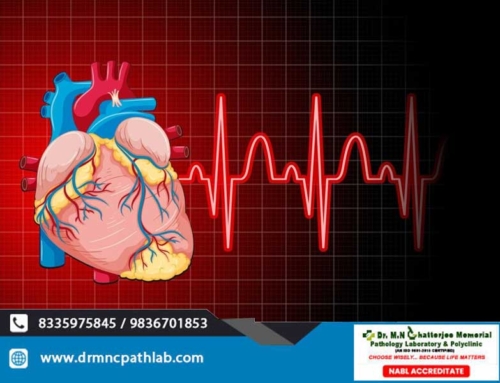The solid masses of crystals that originate in the kidneys are kidney stones. These can cause immense pain and can affect other parts of the urinary tract also.
Types of kidney stones
The most common among kidney stones are the calcium stones. Calcium oxalate is the main ingredient of these stones. The uric acid stones are found more in men in comparison to women. The struvite stones form due to infection of the kidneys. In the men and women suffering from cystinuria, a genetic disorder, the cystine stones form.
Symptoms
If you have the symptoms of kidney stones, the doctor may ask you to go for certain diagnostic tests. The pathology centre near me has the necessary equipment for the diagnostic tests. The symptoms of kidney stones include:
- Severe pain in the back and sides of the body
- Pain going down to the lower abdomen and groin
- Blood in the urine
- Fever
- Chills
- Cloudy urine
- Frequently urinating in small amounts
Risk Factors
Your risk of developing kidney stones increases due to:
-
Family or personal history: You have more risk of developing kidney stones if any of your family members had kidney stones. The risk also increases when you had kidney stones before.
-
Dehydration: Kidney stones can develop if you don’t drink enough water. The people who sweat a lot and live in warm climates have more risk comparing to others.
-
Certain diets: Kidney stones can form in your body on consuming a diet rich in sodium (salt), protein and sugar.
-
Obesity: The risk of developing kidney stones increases due to obesity.
-
Digestive diseases and surgery: There are changes in your digestive process due to inflammatory bowel disease, chronic diarrhoea or gastric bypass surgery. The levels of stone-forming ingredients in your urine increase due to these changes as they affect how your body absorbs calcium and water.
Diagnosis
The doctor checks your medical history and carries out a physical exam. Some diagnostic tests are important to let the doctor know the exact condition of your body. Many people go to a medical laboratory in Uttarpara for these tests.
-
Blood tests: These help the doctor to understand the health of your kidneys and detect the presence of excess calcium or uric acid in your blood.
-
Urine tests: The doctor can check whether you are excreting too few stone-preventing substances or too many stone-forming minerals through these tests.
-
Imaging tests: The detection of the kidney stones in your urinary tract by the doctor is possible with the help of these tests.
Treatment
At the best polyclinic in Uttarpara, the doctor prescribes certain medicines to give you relief from the pain. He/she may also give antibiotics to fight infection. To break the large kidney stones into small fragments, which can easily pass into your bladder through the ureters, the doctor uses extracorporeal shock wave lithotripsy. These fragments then easily pass out of your body when you urinate. A surgeon makes a small incision in your back to remove stones from your kidney. He/she removes the stones stuck in your ureter or bladder with the help of a ureteroscope.






